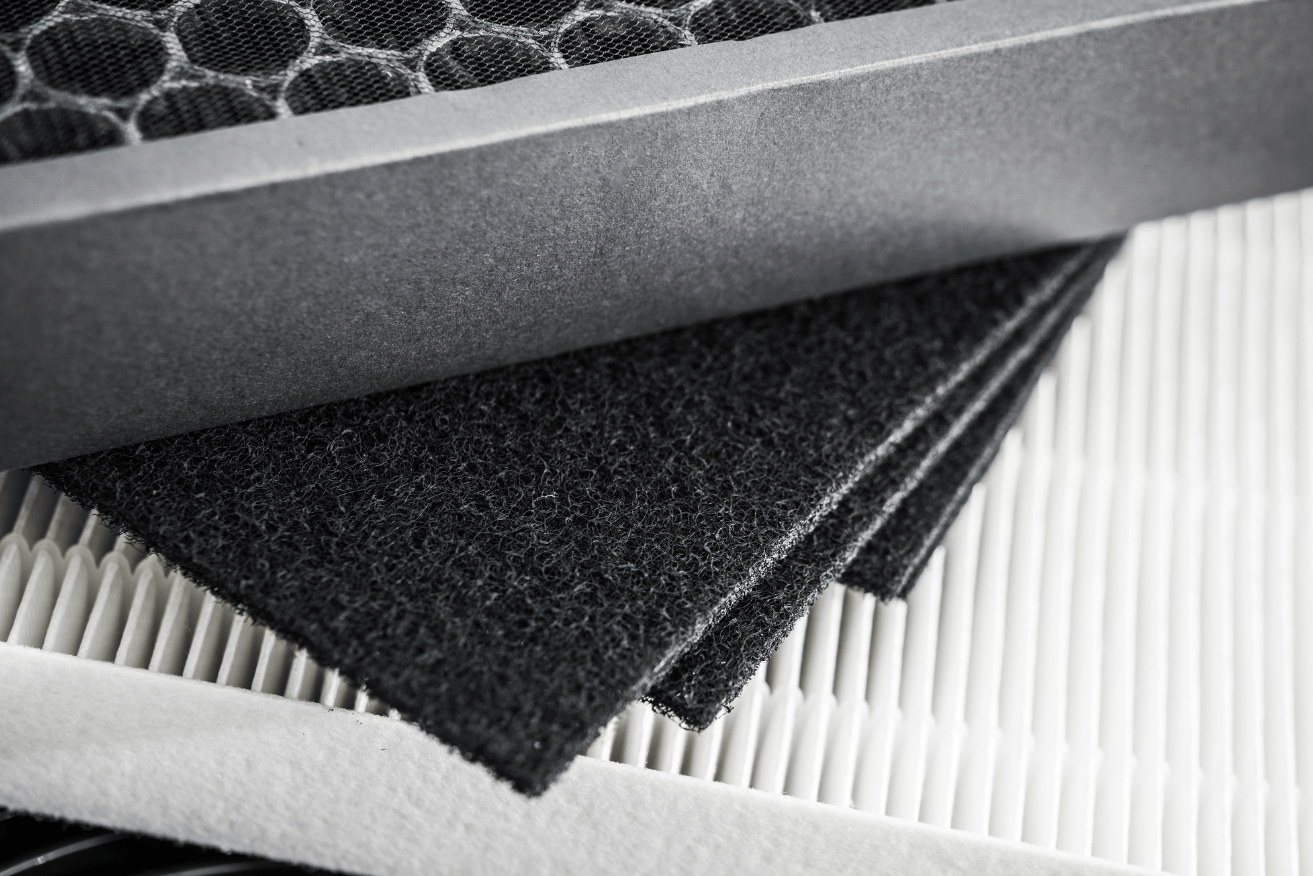
Quick Tips
November 21, 2025
HVAC Tips During A Florida Freeze
Florida is famous for its beautiful weather year-round, right? Well, those of us living in North Florida know that, while it doesn’t happen often, winter can bring some surprisingly cold temperatures.
Freezing weather is uncommon in Florida, so when it does occur, it can catch both homeowners and HVAC systems off guard. Most HVAC units here are not designed to withstand prolonged cold temperatures, which creates unique challenges during these rare events. And let’s not forget about our "Snow Day" from last year!
In the event of icy cold temperatures this winter, don’t fret! Here are some ways to protect your system, avoid costly repairs, and keep you comfortable.
What to Look for in Your HVAC System During a Freeze
Here in North Florida and even South Georgia, buildings and HVAC systems are designed with heat and humidity in mind. Meaning, when a rare cold front hits, your system can experience stress that wouldn’t normally occur in a northern climate. Home and business owners need to look out for:
- Frozen coils
- Heat pump defrost cycles
- Thermostat confusion
- Power strain
Most Florida homes use heat pumps that mix with lower insulation levels. Together, these make your HVAC system more vulnerable to freezing, which can cause these issues. Heat pumps have to work much harder in cold temperatures, which can lead to frozen coils and more frequent defrost cycles. On the other hand, with less insulation, heat escapes more quickly, forcing the system to run longer and placing extra strain on it. Your thermostat may even appear unresponsive, leading to higher power consumption.
Tips to Prepare Your HVAC Unit Before a Florida Freeze
When you know a dip in the temperature is on the way, there are a few preventative measures you can take for your HVAC system before the cold arrives.
- Set the Thermostat to a Stable Temperature: Drastic fluctuations can strain your system, while maintaining too low of a temperature can cause pipes to freeze.
- Replace Air Filters: Clean air filters help air circulate more efficiently, and swapping them out altogether is a smart step if they're clogged or causing unnecessary stress on old systems.
- Open Vents and Interior Doors: Keeping interior doors and vents open helps air circulate more efficiently. The better the airflow, the less strain and overwork occur.
- Clear Debris Around Outdoor Unit: Removing frost and debris from the outside of your unit helps ensure nothing blocks it from running smoothly.
- Insulate Exposed Lines: Ice buildup can be a common issue when our area experiences freezes. An inexpensive way to prevent ice damage to outdoor lines is to wrap exposed pipes with foam insulation to protect them from freezing.
- Check the Condensate Drain: Your HVAC system includes a small PVC drain that carries condensate. When temperatures drop, leftover runoff can freeze and cause overflow issues to your entire home, so make sure your condensate drain line is clear.
- Seal Drafts: Closing curtains and blinds helps keep warm air inside while sealing drafts to prevent any cold air from entering your building. This helps reduce HVAC strain and saves energy.
What To Do If Your HVAC Freezes
If your HVAC system does happen to freeze over during a cold front, it’s essential to handle it carefully. Not every cold-weather hiccup means something is wrong, but here are a few smart steps to protect the system and prevent further damage.
- Turn The System Off & Keep It Off: Switch your system to just the fan or turn it off entirely to prevent damage. Once it is off, avoid repeatedly switching it on and off, as this can make the problem worse.
- Let Your Unit Defrost Naturally: Patience is key here! Give your unit time to thaw completely, which may take several hours. Trying to remove ice on your own can be damaging, so make sure you allow it to defrost on its own.
- Change The Filter: Once the ice has melted, change your air filter to ensure proper flow.
- Expect Heat Pump Defrost Cycles: Don’t panic if your system’s mode switches or blows cooler air. Often, this is just the built-in defrost cycle, which helps your system regulate itself.
Signs You Need a Parker Services HVAC Tech During A Freeze
Sometimes the best thing you can do is know when to call for help! To safeguard your system and avoid pricey repairs, there are a few signs to recognize when at-home solutions no longer cut it for deeper issues.
- Your System Blows Cold Air For Too Long: While a brief burst is normal, constant cold air may be an indicator that your system needs attention.
- The Unit Stays Fully Frozen Over: If ice doesn’t melt, the entire unit is in frost, or the unit freezes for a second time, a technician should check for airflow or refrigerant issues.
- Your Home Won’t Reach The Temperature You Set: If your system is running but not reaching optimal performance, there may be something preventing it from operating correctly.
- You Notice Unusual Noises or Notice Unusual Smells: If you hear grinding, buzzing, or clicking or smell burning, electrical, or musty odors, you should call an expert to check it out.
Luckily, Parker Services has been operating as North Florida and South Georgia’s trusted HVAC experts for over 30 years. If you suspect you need a technician in the event of a Florida freeze, our team will assess the issue and advise on your next steps. Visit our website to schedule your service before the winter cold fronts catch you!


